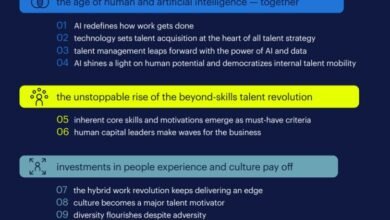Surprising behavioral science you can use to find out if your employer is ethical
If you are eager to determine whether your current or potential employer really lives up to their values, or whether they’re simply virtue-signaling by paying lip service to desirable or in-demand ethical principles, here are four suggestions

By | TOMAS CHAMORRO | www.fastcompany.com
Aside from the moral or ethical imperative, there are two clear benefits to being seen as a conscious, kind, and caring company. Namely, customer loyalty and advocacy, and attracting, engaging, and retaining sought-after employees, who are typically interested in being good organizational citizens and often dislike the idea of being associated with a selfish or greedy brand.
Long before the recent rise of ESG, behavioral science and consumer psychology had highlighted the fascinating motivations driving the emotional and intellectual relationship we have with brands, and why it is so important for an employer to consider clients’ and humans’ deep psychological traits and core values. In simple terms, brands represent a promise to deliver something valuable to consumers; and to the degree that brands have a public reputation, this can inform our choices as to how we might achieve a desired experience.
Crucially, this experience is not just functional (buying useful, tasty, cheap, and healthy products), it is also psychological. We attribute human-like personality traits to brands (Apple is creative, Google is smart, Coke is warm, Red Bull is bold, etc.), and gravitate toward those we perceive as congruent with our own values and identities. You may remember the Apple versus PC (Microsoft) ad, which highlights the significant differentiation in consumer choice that brands can provide even when nearly identical products are at stake. In this instance, picking one over the other comes down to a matter of lifestyle, character, and identity.
But what happens when every brand pretends to be in the business of doing good, which is of course a statistical impossibility? By definition, only a minority of brands (and people) can stand out for their altruism (or any other trait), since we can only make such assessments through direct comparison to others (who may be less so).






